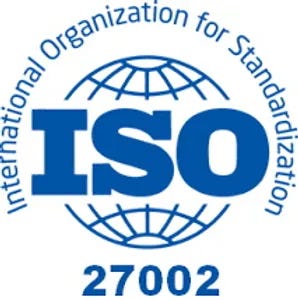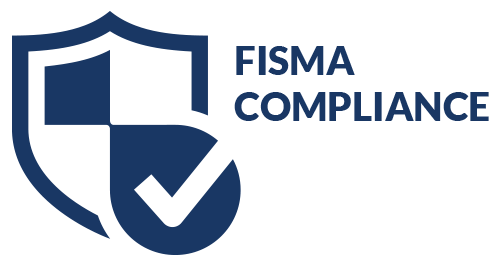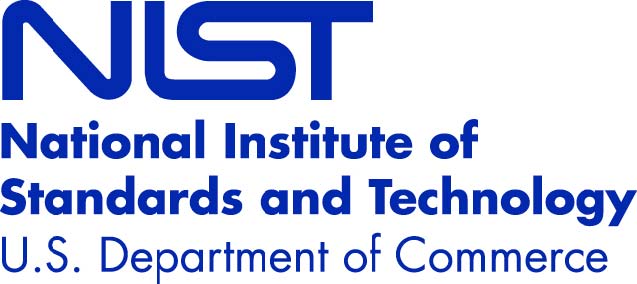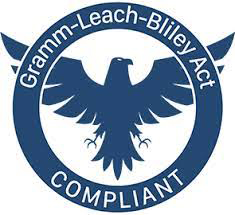C-suite executives are increasingly required to do more with less. Delinquency and default rates are on the increase in the financial services space. The healthcare industry is looking for ways to reduce bad debt and increase patient revenue. And those in the commercial space are faced with trying to decrease days sales outstanding (DSO) and costs. Regulatory scrutiny, a volatile political climate, and even pressure from social media all add to these challenges and are affecting change at the highest levels of enterprise organizations.
This article looks at the importance of tackling A/R as part of a strategic and critical initiative for any organization in 2018. How can outsourcing A/R and collections help executives meet their biggest challenges this year?
Accounts Receivables Management as a Strategic Priority
CIO reports that the latest Gartner survey shows growth at the top of the list of c-suite priorities in 2018. Of course, revenue enhancement is the vehicle behind all corporate growth initiatives. But increasing revenue at a time of increasing competition can be a challenge.
Digital disruption has spawned an entirely new set of start-up companies that are changing even some of the most traditional industries, including accounting, banking, finance, and insurance. This increasing competition is causing these industries to look for new ways to improve their bottom line.
The task of collecting past due A/R is a part of accounts receivables management that many companies still struggle with. Some smaller firms even put this task off as one they’re least likely to take on comfortably, because of the regulatory complexity and labor-intensive tasks related to collections. Yet the longer these tasks are delayed, the higher the probability that these revenues will be collected at all. This is a truism in any industry and for any type of client.
Outsourcing A/R to the Experts
Increasingly, organizations trust the experts and are outsourcing A/R collections to improve their bottom line. Large collections firms have both the technology and human resources to collect on past due balances that many organizations simply don’t have the time, resources, or technology, to pursue to the fullest extent possible.
In support of growth being a top priority, organizations must focus in on:
- Increasing revenues
- Leveraging emerging technologies
- Overcoming digital barriers to customer access
- Increasing automation and streamlining operations
- Improving regulatory compliance
Outsourcing accounts receivables management to a third-party collections firm makes perfect sense towards growth because it offers an efficient method for improving the bottom line while saving the expense of pursuing collections internally. Outsourcing offers the following:
- Access to best in class debt collection technology and data analytics
- Access to best in class people
- Often better control of the process when outsourced versus managed in-house
- Reduced costs
- Introduced nimbleness to the process
In 2018, the c-suite will be tasked with the growth of their organization. But if that organization is still saddled with unwieldy A/R practices and a high volume of past due accounts, they will fail in their goals. In this climate, outsourcing accounts receivables management makes good business sense in any industry.
To learn more about how to optimize your revenue, contact us.
Want to learn more about TSI? Fill out the form and a TSI representative will contact you shortly.
